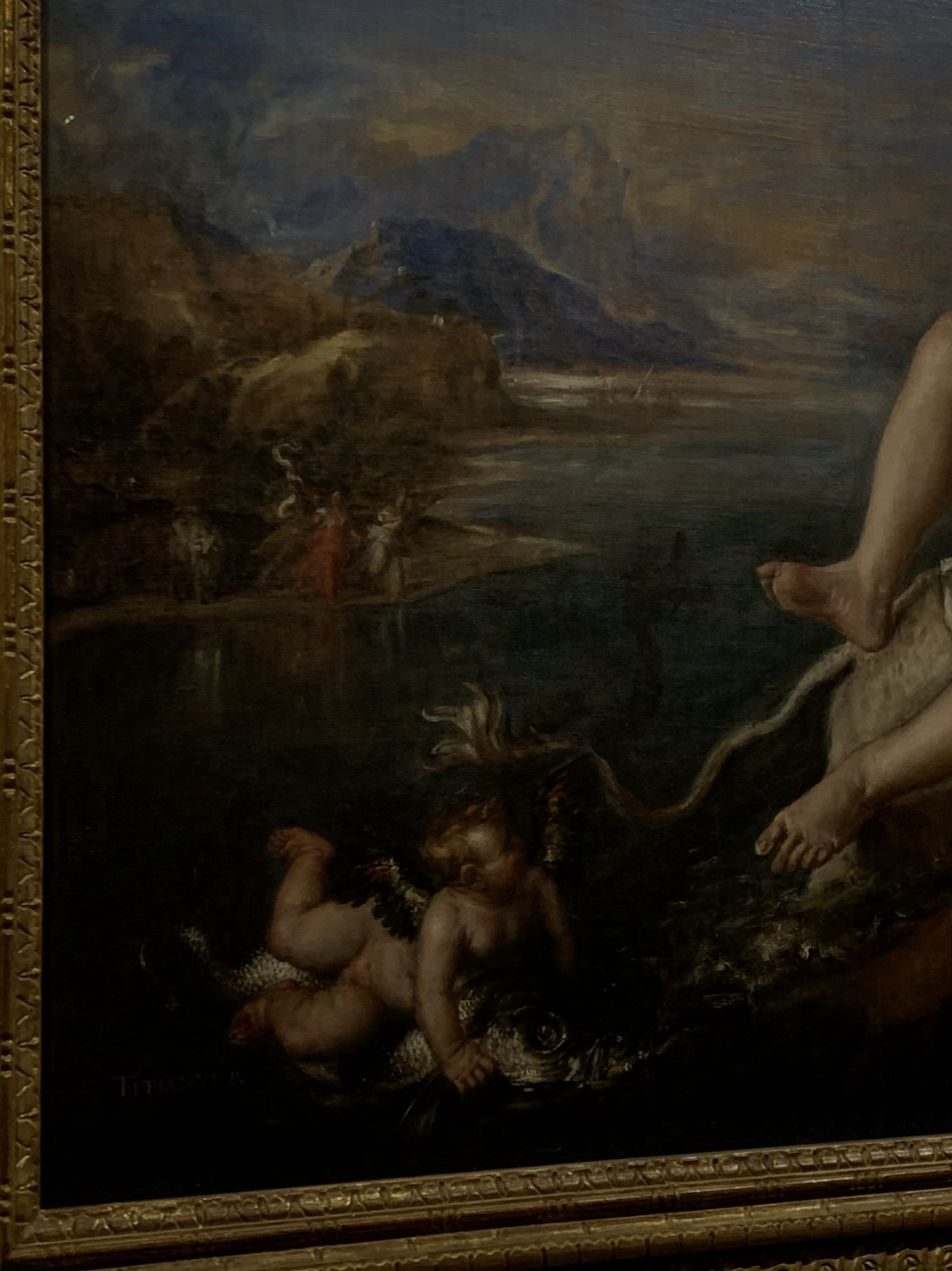Camilla; the first feminist?
- Viola

- May 3, 2020
- 3 min read
Introduction
In Virgil's Aeneid, Camilla the warrior princess is encapsulated as a dominant female figure whose sole purpose is to fight and lead her army to victory. Her short-lived, but action-filled presence in book XI both highlights the importance of her character and completely mocks the Roman woman stereotype; Camilla is the opposite of a ‘matrona’ and is eager to remind her male enemies that they have not only been defeated but by a woman too. She also demonstrates all the qualities of a classical hero, and the shock from the other characters proves the rarity of her character. She brutally kills countless men who are all shocked at her effortless battle skill, however, she is tricked by a Trojan man who takes advantage of her greed for beautiful clothes, Arruns, and dies ergo undermining her previous strength and rejection of gender roles. So is Camilla a feminist, or not?
p.s Here's a short video about book 11 to get you in the mood:
Feminist for sure!
Camilla is undoubtedly aware of how weak others perceive her to be because of her gender, but rather than accepting this, she constantly challenges it. Camilla has created such a strong reputation around herself that she is not only a skilful warrior, but her and her companions are compared to the mythical Amazon warriors. It is clearly evident to Camilla that there is a lack of equality between the sexes, and she does try to fight this by improving her military career. Rather than struggling silently like Penelope or even Helen and accepting the sexist societal framework only challenged by weaving a subtly feminist message, Camilla attacks what is dearest to the men; their battle. She refuses to conform to the stereotypes of becoming a mother or wife and living her life in the household and does the opposite. What some may consider as arrogance could conversely be seen as confidence and a lack of need for reassurance from men, Camilla knows she is a good soldier and has been blessed even by Diana. By embodying Diana in the human form, Camilla’s existence is a sign of feminism as she breaks all expectations from the reader, the characters and even Virgil who perceives this woman to be so important that he addresses her directly, asking her who she killed first. Even her death, trickery by a god, shows that Camilla was so powerful that no mere mortal could kill her without help and since Camilla is human, in a moment of distraction she is destroyed. However, Camilla's existence in itself was futile in such an oppressively patriarchal society, and so her successes must be given more weight as her death was inevitable.
Camilla, a feminist? No way!
Throughout book XI, Virgil’s misogynistic depiction of Camilla proves the patriarchal attitude of the people in Ancient Roman society. Camilla’s impressive actions within the book are shocking to the reader, yet she is also respected since she has the qualities of a hero. However, these qualities are recognised and applauded for men, skill in war, bravery, need for honour and glory (Kleos) are amongst the few skills of what makes a person (or rather a man), impressive. This is proven through her resemblance to Achilles, as she is given the same epithets (godlike and swift-footed), which although may seem positive, only serves to prove her admirable traits as a woman are simply those traits of a successful man, like Achilles. Furthermore, Camilla’s death acts as a reminder to the reader that despite the power that women may have held, their greed for superficials always overrides their bravery and battle hardiness, ie. women will always be greedy and materialistic. Yes, her actions are noble and admirable, but it is all completely undermined when she dies and used by Virgil to remind the reader that women simply prioritise the attractive clothing over everything else. Not only this, but her death also undercuts her bravery, aims for the army and success as a leader. She initially tells Turnus that she should be the one to fight and to protect her people, yet she fails this, which is embarrassing after the speech of total confidence, or even arrogance. Her struggle to prove her worth is therefore just this; a selfish desire for personal fame rather than advancement for women, revealing the lack of Camilla’s feminist nature.
Conclusion
In such a sexist society, Camilla's death was always inevitable; she was tricked by a cunning man and a god and so it was always a losing battle. Camilla is also a character created by Virgil and in the end, Virgil makes her harmartia a typical woman trait; greed. However, despite this, he also subverts numerous other gender stereotypes which far outweigh her greed. Camilla is a flawed character arguably not because she is a woman but she is a human, but her gender is what cements her doomed fate.




Comments